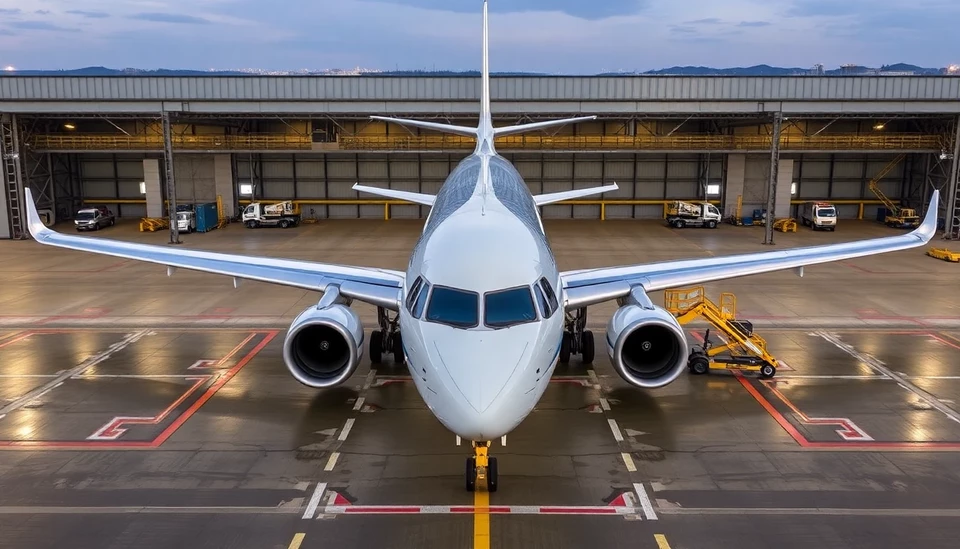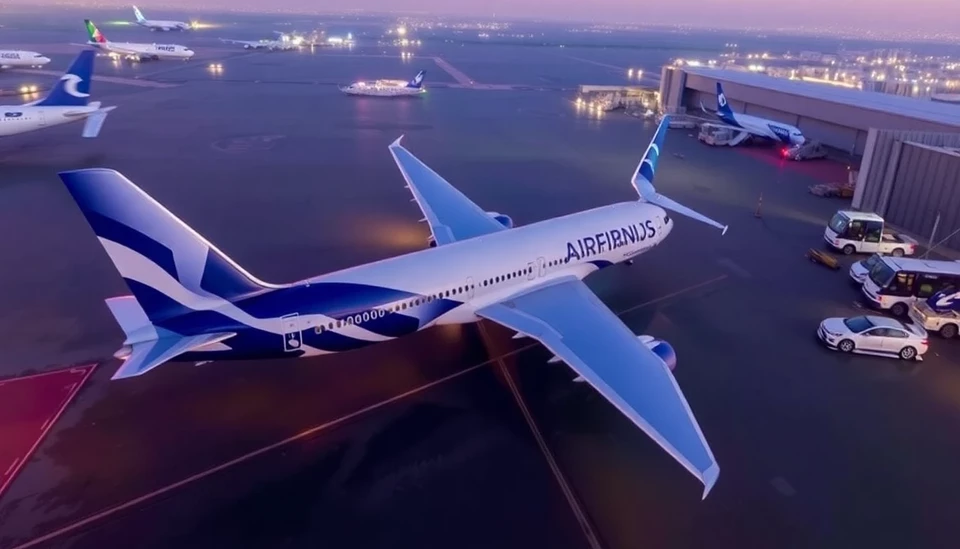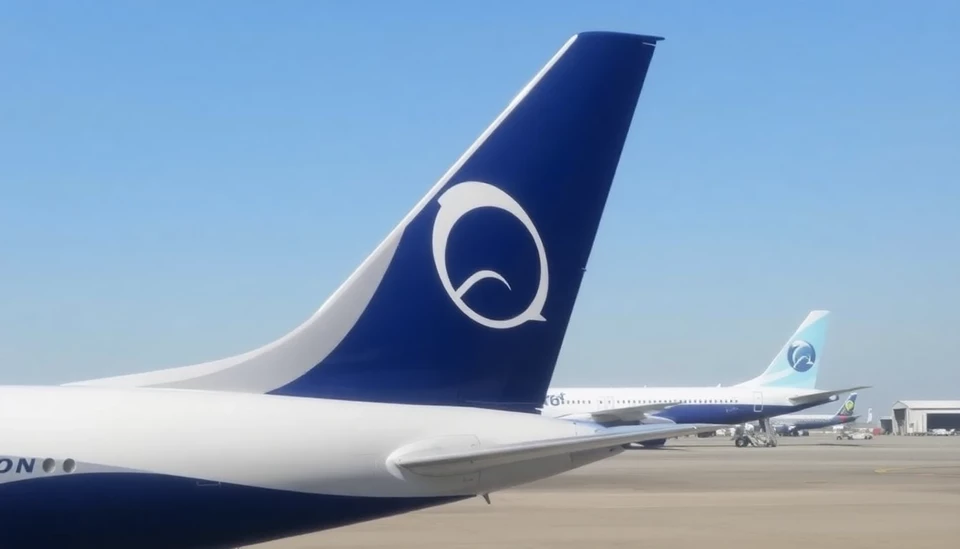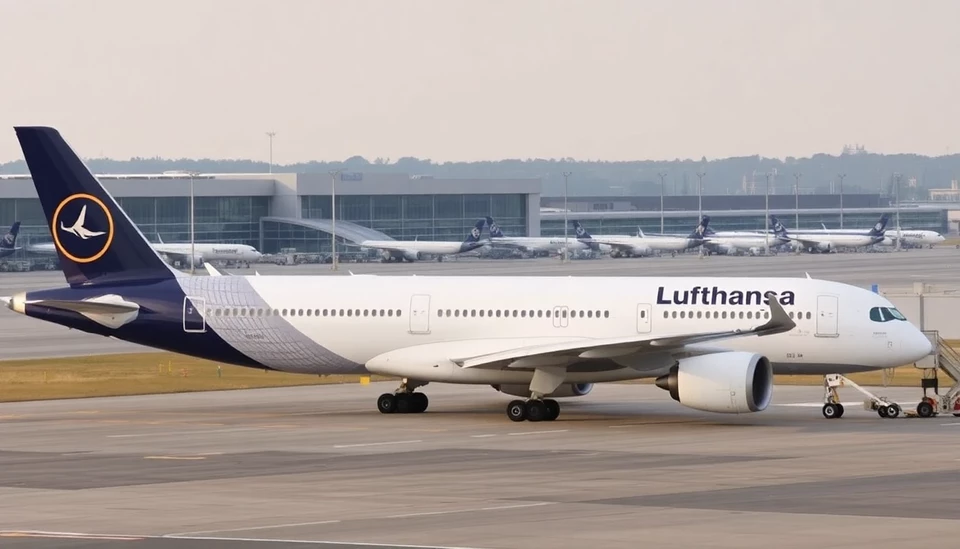
In a recent announcement, Airbus has outlined a conservative target for aircraft deliveries in 2025, reflecting the ongoing challenges posed by supply chain disruptions. The aerospace giant indicated that it aims to deliver a total of 650 jets by the end of that year, a figure that aligns closely with 2024 projections. This cautious approach highlights the complexities and uncertainties that continue to affect production capabilities in the aviation sector.
The company’s decision comes in light of persistent supply chain issues that have hampered production rates across the industry. Airbus executives acknowledged that various factors, including a shortage of key components and logistical hurdles, have made it challenging to meet their ambitious production goals. These disruptions have not only affected Airbus but have also been a recurring theme throughout the industry, with manufacturers grappling with similar constraints.
By setting a modest target of 650 deliveries, Airbus is signaling a more pragmatic approach as it navigates the unpredictable landscape of global supply chains. While this number reflects a considerable volume, it is lower than the initial expectations that had previously anticipated even more aggressive delivery goals. The emphasis on a more realistic target underscores the necessity for the company to stabilize operations before pursuing more expansive growth in the future.
Additionally, Airbus is focusing on enhancing its operational efficiencies and strengthening collaborations with suppliers to mitigate these ongoing challenges. “We are committed to delivering the best outcomes for our customers and maintaining our reputation as a reliable partner in aviation,” stated one Airbus executive.
The aviation market has shown resilience, with strong demand for new aircraft driven by post-pandemic travel recovery and an increasing emphasis on sustainability. However, the turbulent backdrop of supply chain constraints continues to cast a shadow over the industry. In light of these factors, the aerospace sector is poised to closely monitor any upcoming developments that may influence Airbus’s 2025 delivery performance.
As the company prepares for the coming years, the aviation community remains optimistic yet cautious, recognizing that the path ahead will require adaptation and innovation to overcome these challenges. Airbus’s strategic move to moderate its delivery expectations may indeed reflect a prudent approach that balances ambition with the realities of a dynamic global market.
#Airbus #AviationNews #JetDeliveries #SupplyChainChallenges #AerospaceIndustry
Author: Samuel Brooks




